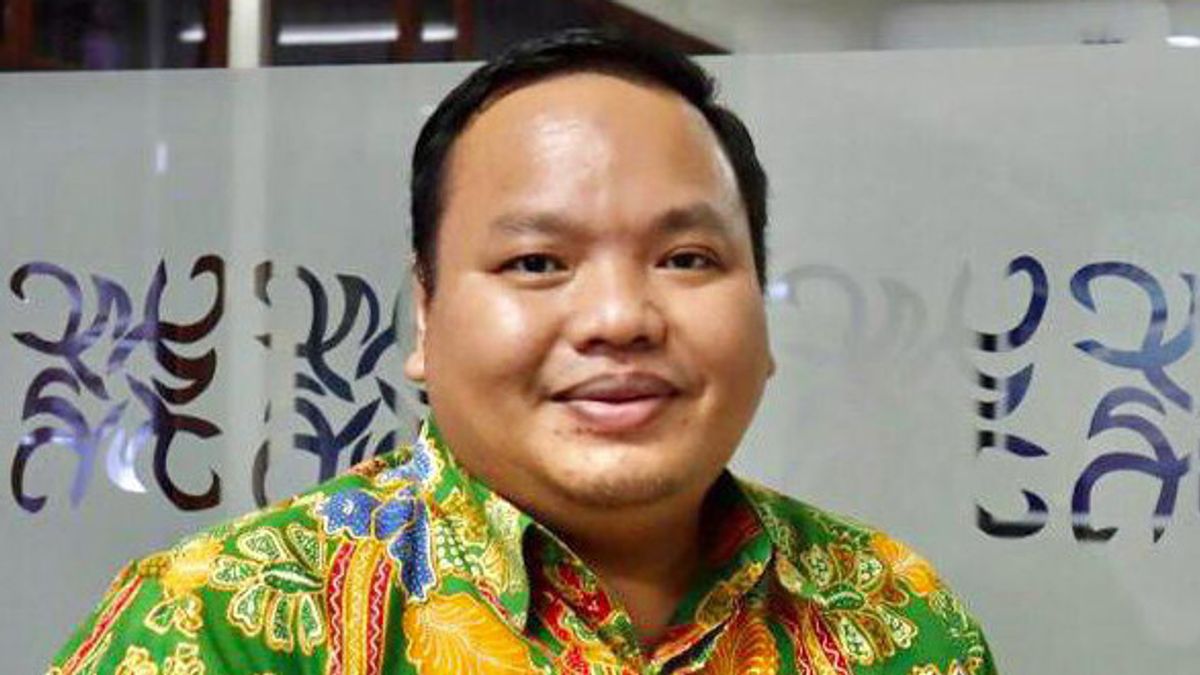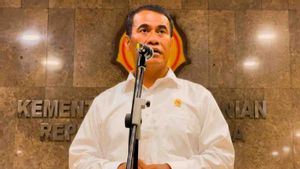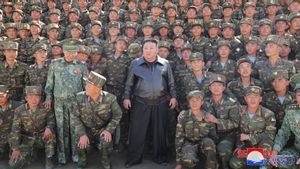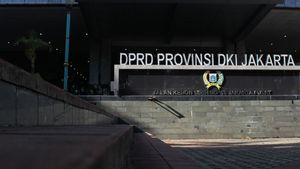JAKARTA - Paramadina University economist, Dr. Handi Riza asked the government to focus on overseeing economic improvement rather than continuing the construction of the new National Capital (IKN). Moreover, the economic growth in Quarter IV-2021 and cumulatively in 2021 announced by the Central Statistics Agency (BPS) is still far from satisfactory.
Handi reminded, this year Indonesia is facing a challenge that is not easy. The threat of inflation began to be felt, especially from the increase in the prices of Non-Subsidized LPG, cooking oil, and food ingredients.
“Inflation is expected to erode the purchasing power of the lower and middle classes. At the same time, job openings have not recovered as before the onset of COVID-19," he said in an official statement, Tuesday, February 8.
Conditions in 2022, according to Handi, will be even more difficult, considering that the government is starting to prepare for fiscal consolidation to enter the budget deficit back to normal below 3% in the 2023 APBN. Plus the debt interest burden that must be issued is getting bigger.
“Practically, the government's fiscal space will be getting smaller. Meanwhile, conditions of global and domestic uncertainty due to the COVID-19 attack of the Omnicorn variant are moving towards the peak. The challenges of 2022 will be even more difficult, the government should focus on guarding the national economy, rather than building the national capital which is not important and urgent for now," he concluded.
As is known, the Indonesian economy in the fourth quarter of 2021 compared to the fourth quarter of 2020 grew by 5.02 percent (y-on-y). Meanwhile, cumulatively, the Indonesian economy in 2021 will grow by 3.69 percent.
"By looking at the windfall trend in commodity prices, especially CPO and Coal, and economic growth in the previous year, which was low on a low base, which was still contracting by 2.07 percent, economic growth should have reached 5 percent," said Handi.
Handi, who is also the deputy Chancellor of Paramadina University, also stated that Indonesia's economic growth in 2021 will still be supported by health spending in dealing with COVID-19, especially the Delta variant in the middle of the year.
"This is evident from the business fields that experienced the highest growth, namely Health Services and Social Activities at 10.46 percent. But the manufacturing and manufacturing sectors have not grown as expected. The delay in economic growth in 2021 cannot be separated from the government's weak anticipation in dealing with the Delta variant in Quarter III-2021," he said.
As previously predicted, Handi continued, the highest GDP growth according to expenditure occurred in the Export Component of Goods and Services, particularly mining and plantation commodity goods at 24.04 percent, followed by the Government spending component at 4.17 percent. While the component of Gross Fixed Capital Formation (PMTB) or investment is 3.80 percent, then Household Consumption is 2.02 percent.
"The low growth in government spending and household consumption indicates that the acceleration of the PEN stimulus is not optimal, this can be seen from the absorption of PEN throughout 2021 which only reached 88 percent," he said.
The English, Chinese, Japanese, Arabic, and French versions are automatically generated by the AI. So there may still be inaccuracies in translating, please always see Indonesian as our main language. (system supported by DigitalSiber.id)








